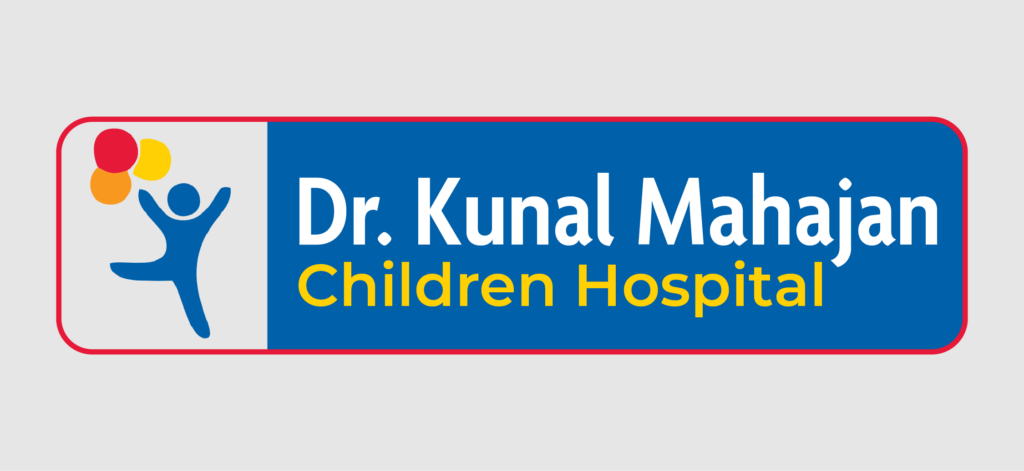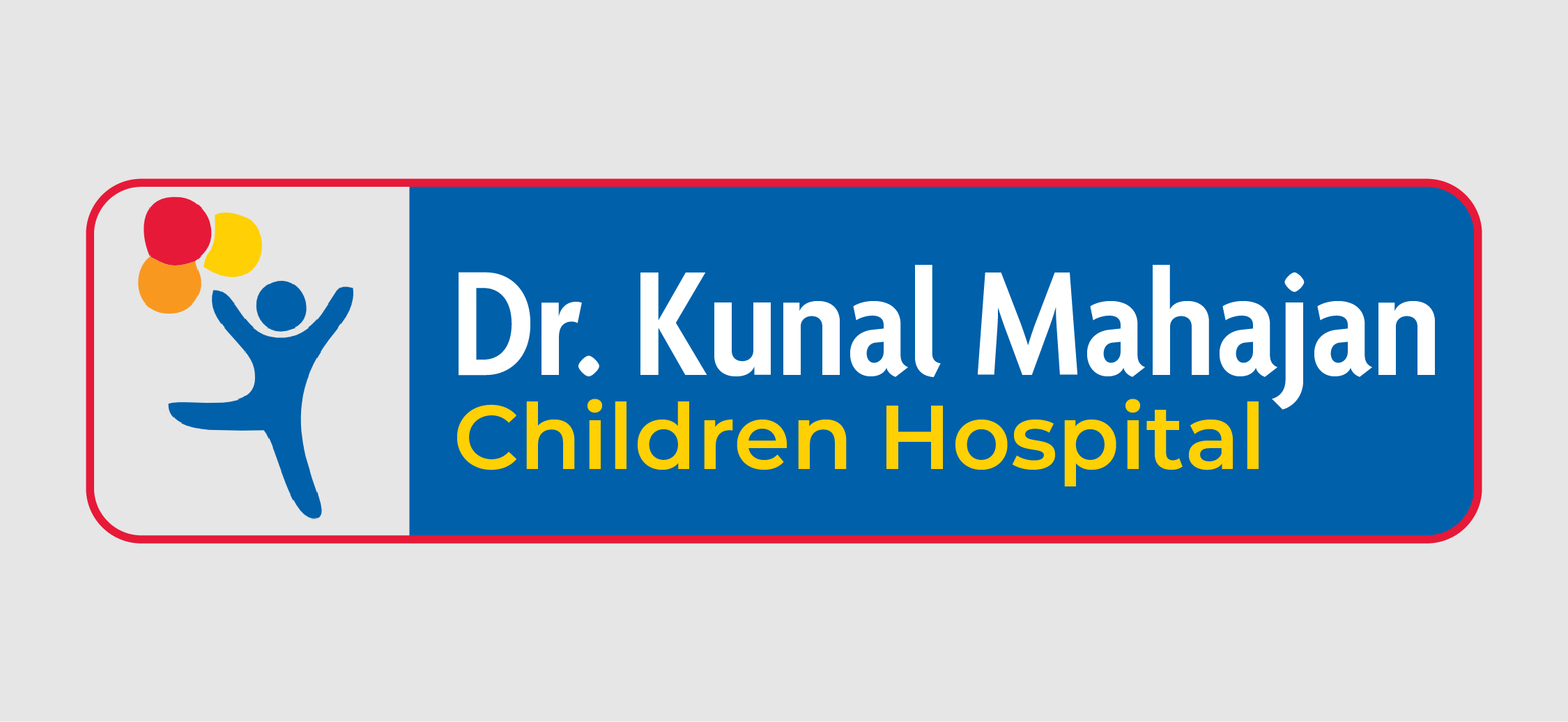Pediatric Dermatological Conditions

At Dr. Kunal Mahajan Children’s Hospital, we provide specialized services for the diagnosis, treatment, and management of pediatric dermatological conditions. Pediatric dermatology focuses on the evaluation and care of skin, hair, and nail disorders in children, encompassing a wide range of conditions that affect infants, children, and adolescents. Our dedicated team of pediatric dermatologists, dermatology nurses, and support staff is committed to delivering comprehensive and compassionate care to children with dermatological concerns and their families.
Diagnosis: Accurate diagnosis of pediatric dermatological conditions is essential for developing tailored treatment plans and optimizing outcomes. Our experienced pediatric dermatologists conduct thorough evaluations, including detailed medical history assessments and comprehensive skin examinations, to identify and characterize skin lesions, rashes, growths, or other abnormalities. Diagnostic tests, such as skin biopsies, cultures, blood tests, or imaging studies, may be performed to confirm diagnoses, rule out underlying conditions, and guide appropriate management strategies.
Classification: Pediatric dermatological conditions encompass a diverse spectrum of disorders with varying etiologies, presentations, and treatment approaches. Common types of pediatric dermatological conditions include:
Eczema (Atopic Dermatitis): Eczema is a chronic inflammatory skin condition characterized by dry, itchy, red, and inflamed patches of skin. It often presents in infancy or early childhood and may be associated with a family history of allergies or asthma. Eczema can be triggered by environmental factors, irritants, allergens, or genetic predisposition.
Acne: Acne is a common skin condition characterized by the formation of pimples, blackheads, whiteheads, and cysts on the face, neck, chest, back, or shoulders. It typically develops during adolescence due to hormonal changes, increased sebum production, clogged pores, and bacterial overgrowth. Acne can have significant psychosocial impacts and may require medical treatment to manage.
Dermatitis: Dermatitis encompasses various inflammatory skin conditions, including contact dermatitis, allergic dermatitis, seborrheic dermatitis, and nummular dermatitis. These conditions may result from exposure to irritants, allergens, environmental factors, or underlying genetic predispositions, leading to redness, itching, swelling, and skin lesions.
Psoriasis: Psoriasis is a chronic autoimmune skin disorder characterized by the rapid overproduction of skin cells, leading to thickened, scaly, and inflamed patches of skin. It can affect children of all ages and may be triggered or exacerbated by stress, infections, trauma, medications, or genetic factors. Psoriasis can have systemic manifestations and may require multidisciplinary management.
Birthmarks: Birthmarks are common benign skin lesions that may be present at birth or develop shortly thereafter. They can include pigmented birthmarks (such as moles, cafe-au-lait spots, or Mongolian spots) or vascular birthmarks (such as hemangiomas or port-wine stains). While most birthmarks are harmless, some may require monitoring or treatment, depending on their location, size, or associated complications.
Treatment: Treatment for pediatric dermatological conditions aims to alleviate symptoms, improve skin appearance, and enhance quality of life for children and their families. Our hospital offers a comprehensive range of treatment options for pediatric dermatological conditions, including:
Topical Therapies: Topical medications, such as corticosteroids, calcineurin inhibitors, moisturizers, or topical antimicrobials, may be prescribed to reduce inflammation, itching, or bacterial colonization and promote skin healing and barrier function.
Oral Medications: Oral medications, such as antibiotics, antihistamines, retinoids, or immunomodulators, may be prescribed for more severe or systemic dermatological conditions that require systemic treatment to control symptoms or manage underlying inflammation or infection.
Phototherapy: Phototherapy involves the use of ultraviolet (UV) light to treat certain dermatological conditions, such as psoriasis, eczema, or vitiligo. Our hospital offers phototherapy services, including narrowband UVB therapy or PUVA (psoralen plus UVA) therapy, to target specific skin lesions and modulate immune responses.
Laser Therapy: Laser therapy may be utilized to treat vascular birthmarks, pigmented lesions, scars, or other dermatological concerns through selective photothermolysis, which targets specific chromophores in the skin while minimizing damage to surrounding tissues.
Counseling and Support: Our hospital provides comprehensive patient and family education, counseling, and support services to help children and families understand their dermatological conditions, adhere to treatment plans, manage symptoms, and cope with the psychosocial impacts of chronic skin disorders.


